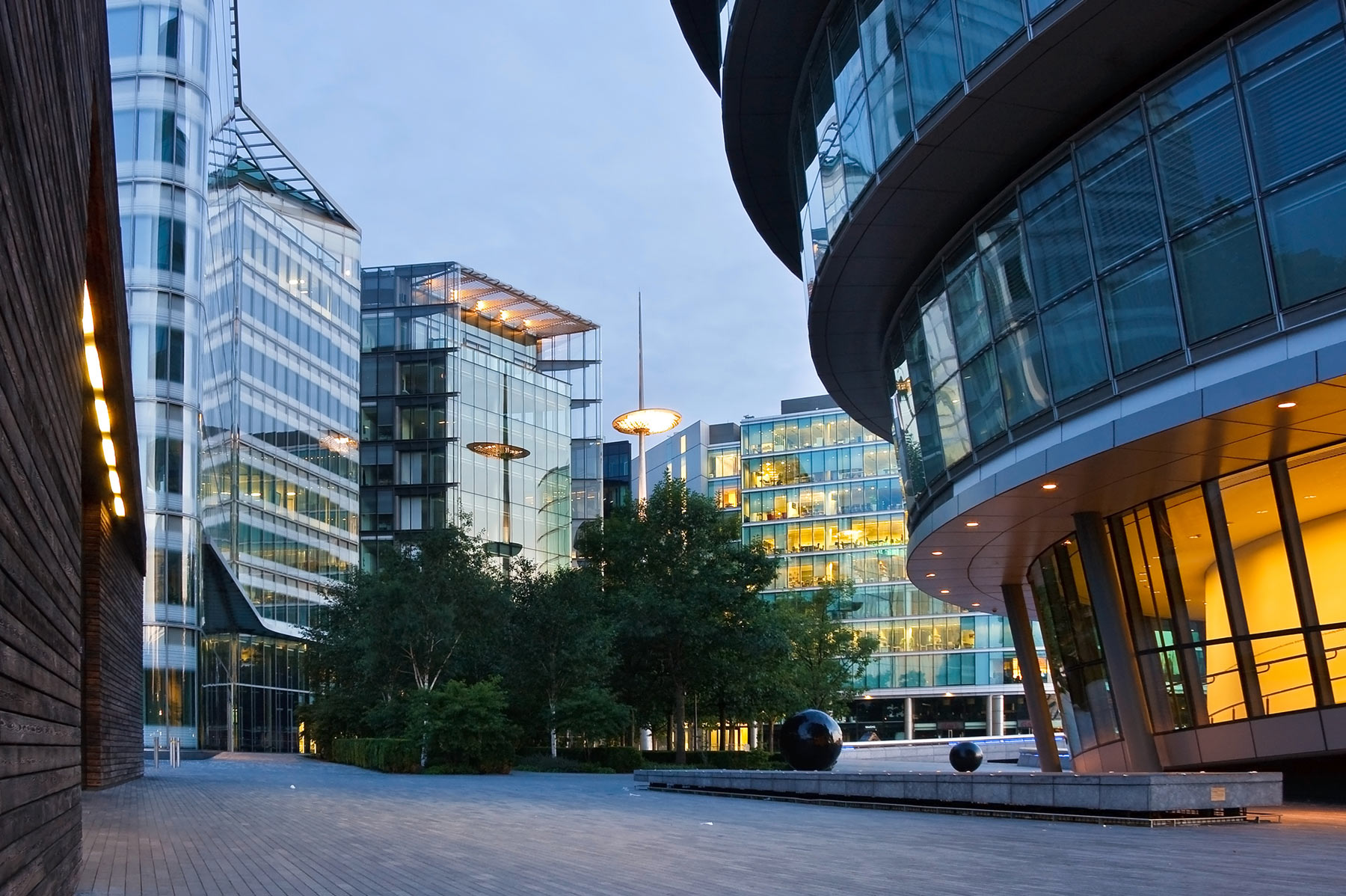We recently hosted our first in-person London Spring Roundtable at sustainable venue, 15Hatfields, in Southbank.
During the workshop, we reviewed the results from a recent AirInc survey and used this data to discuss how sustainability could be applied within mobility programs. The session focused on using morality and sustainability concepts to make change achievable across multiple stakeholders.
About the forum
The Spring London Roundtable forms part of a series of events which K2 are hosting throughout 2022, exploring trending topics within Global Mobility. These forums give like-minded Global Mobility and HR professions a chance to connect and interact on a series of current issues. The mid-morning event was led by K2’s Julie Harrington, Global Mobility & HR Advisory Services, and featured guest speakers Michael Joyce, Senior Director at AirInc, and Paul Barnes, K2 Group Sustainability Consultant.
Summary of key points
K2 sustainable actions
- United Nations Global Compact participant. K2 supports 5 UN goals in 2022 with yearly communications going out in February.
- Net Zero – Scope 1&2 emissions by end of 2023 (vehicles, offices etc.)
- UN Climate Ambition Accelerator program, Net-Zero by 2050.
- Ambitious carbon footprint reduction in supply chain (scope 3).
- Bath University partnership – academic coming in-house to work with K2 to reduce plastic waste and reduce emissions from supply chain.
- ISO: 14001 accredited since 2015.
How do we define Sustainability?
UN Brundtland Commission Definition: Meeting the needs of the present without compromising the ability of future generations to meet their own needs.
Sustainability is more than just carbon footprint. We also need to take into account; social progress, economic growth and environmental stewardship.
Where is the pressure coming from? (Audience answers)
- External pressure: We have pressure from candidates who would like their employers to be on a sustainable journey, so we risk losing candidates if we cannot show the sustainable practices we have in place. Important are the linkages internally to recruitment and talent retention.
- Internal pressure: To overcome this we have recruited a chief Sustainability officer to begin implementing practices.
How focused on environmental sustainability initiatives is your Global Mobility program?
AirInc data:
- 27% of companies have made some modifications to their mobility program.
- 63% of companies have not done anything specific to their mobility program to align with their companies sustainability initiatives.
- In the next 1-3 years, 83% of companies plan to progress on this journey towards sustainability within mobility.
- At time of survey, only 34% of companies were taking any actions.
Discussion point
If a company is giving money in lieu of shipping household goods, but an individual decides to use their allowance to ship goods anyway, where does the carbon footprint sit (with the individual or the company?)
- There is movement towards companies being responsible for firstly, activities that they are driving for business reasons and secondly, for activities that they are funding.
- There is a need for companies to begin providing complete and transparent reporting, by taking extra measures to report on the extended carbon footprint created by their employees.
Is global mobility taking any of the following steps to promote sustainability?
AirInc Data:
- 42% have answered that they are not taking any specific steps.
- 35% are using vendors that are committed to sustainability.
- 16% are establishing the carbon footprint of the program.
- 30% using different types of policies e.g. remote working assignments.
Global mobility’s influence
Does global mobility influence sustainability decisions more widely in your organisation?
- 72% state that GM does not play wider sustainability role outside of the GM function.
- 16% state that GM is an active participant shaping sustainability initiatives at the HR function level.
Circularity
- Central premise: Reduce, Re-use, Recycle, Recover
- Three principals ‘Ellen MacArthur Foundation’:
- Eliminate pollution and waste by design.
- Keep products and materials in use for as long as possible at the highest value.
- Regenerate natural systems –biodiversity, carbon capture, water preservation, etc.
Reduce emissions and waste
- Smarter product use and manufacture; Refuse, Rethink, Reduce.
- Extend lifespan of product and its parts; Re-use, Repair, Refurbish, Remanufacture, Repurpose.
Discussion point
Mindset and system changes are needed: with all sustainable practices, we need to change the employee mindset around what is acceptable, i.e. reusing packing boxes for moves, or using rental furniture in temporary accommodation.
Stakeholders
To put system changes into motion, we need to engage and collaborate with both internal and external stakeholders. We need to fully understand the challenges faced, so we can work through and create solutions which deliver value.
Which areas of environmental sustainability are or will you focus on in your Global Mobility program?
AirInc Data:
- 63% Relocation – optimising shipments options and assisting with responsible disposal/ recycling of goods prior to relocating.
- 52% Travel – encouraging less business travel, fewer flights.
- 36% Information – provide information to the business/ employees about the environmental impact of different aspects of the package.
- 30% Transportation – providing a public transportation allowance in lieu of a car.
- 18% Housing – encouraging employees to live in eco-friendly accommodations.
- 16% Utilities – paying a lower utilities budget to encourage efficient use.
- 16% None – our mobility program is not focused on sustainability.
What’s next?
We are already looking ahead to the next London Roundtable of 2022. If you would be interested in attending this event and connecting with like-minded professionals, please contact our events team at events@k2corporatemobility.com.

